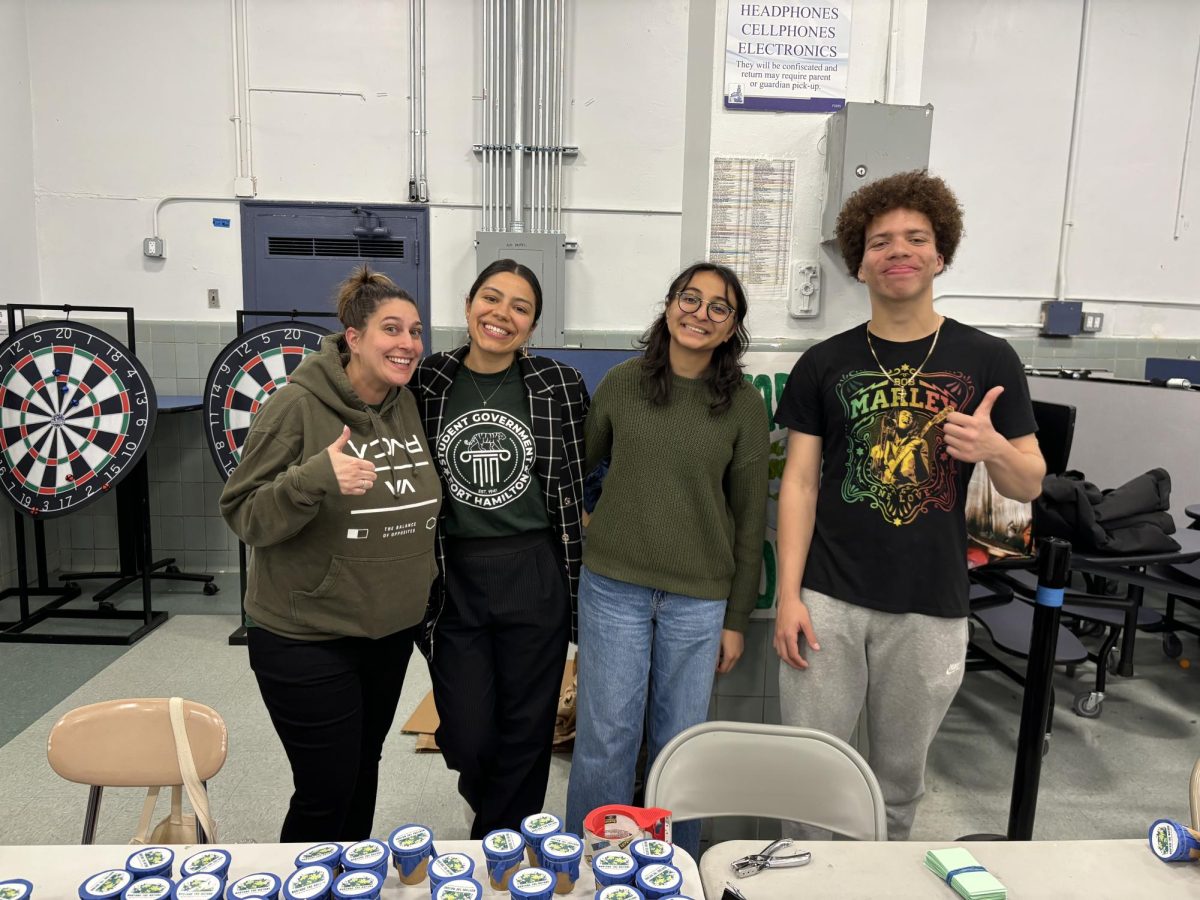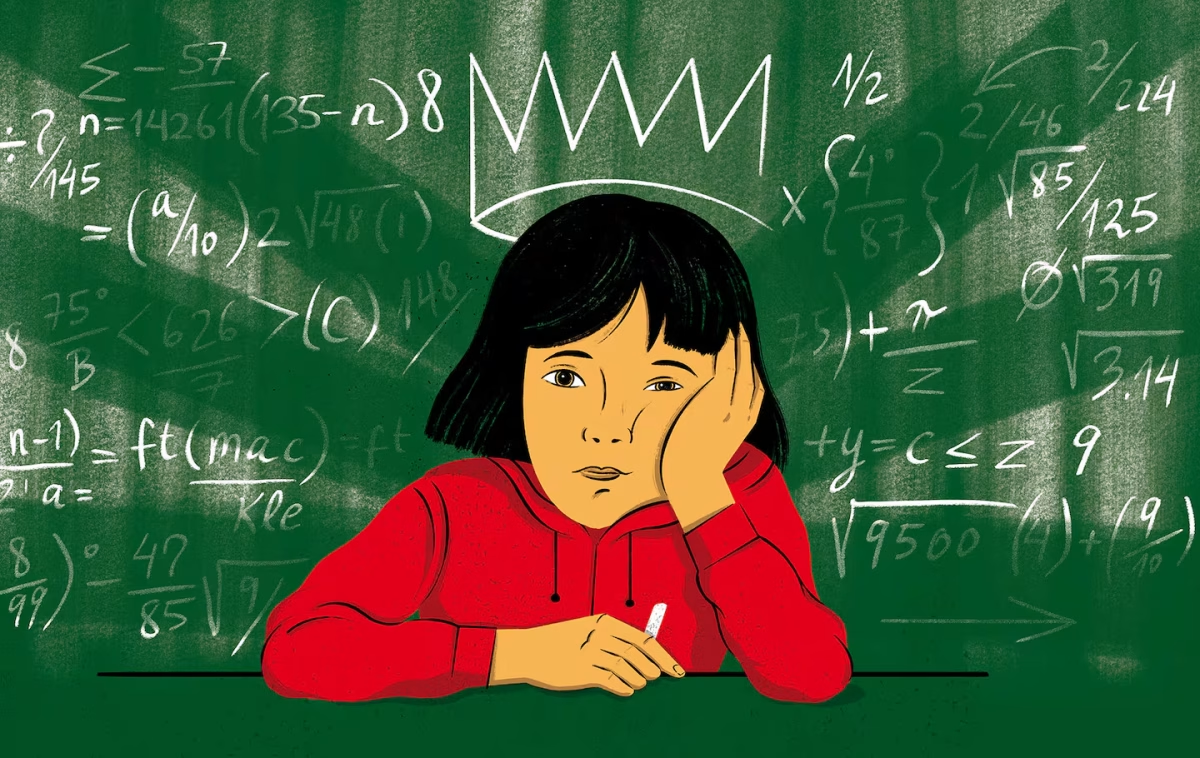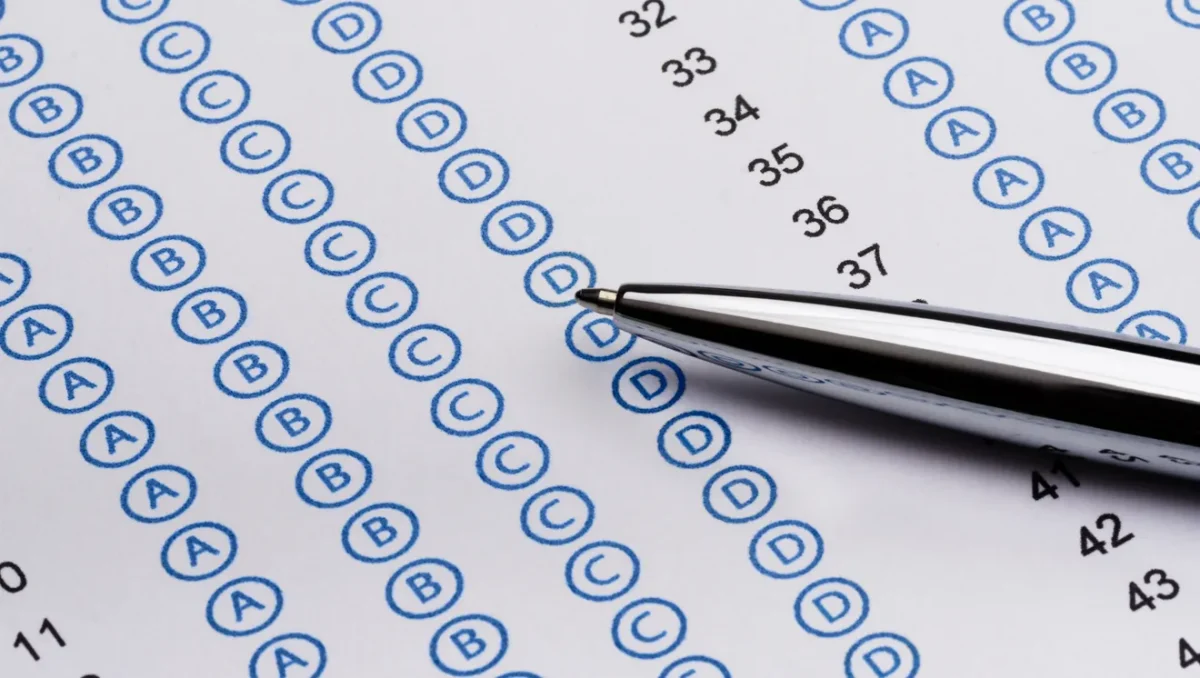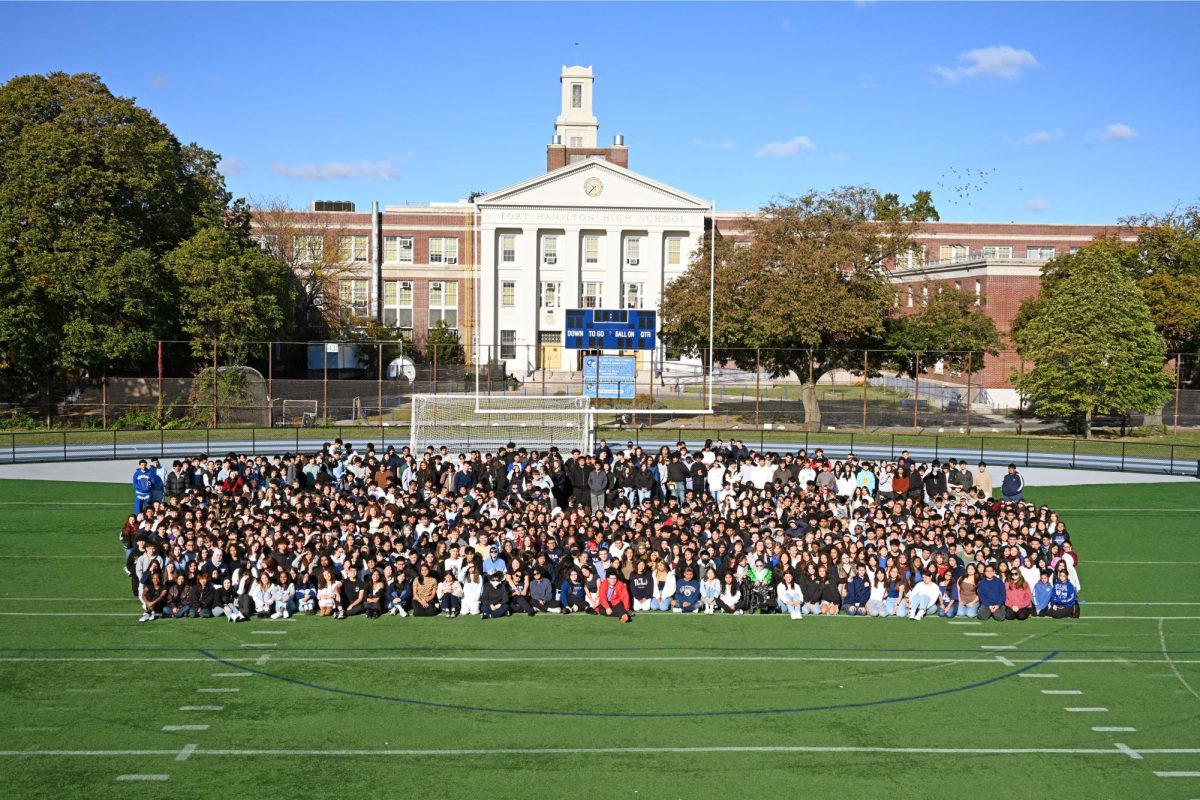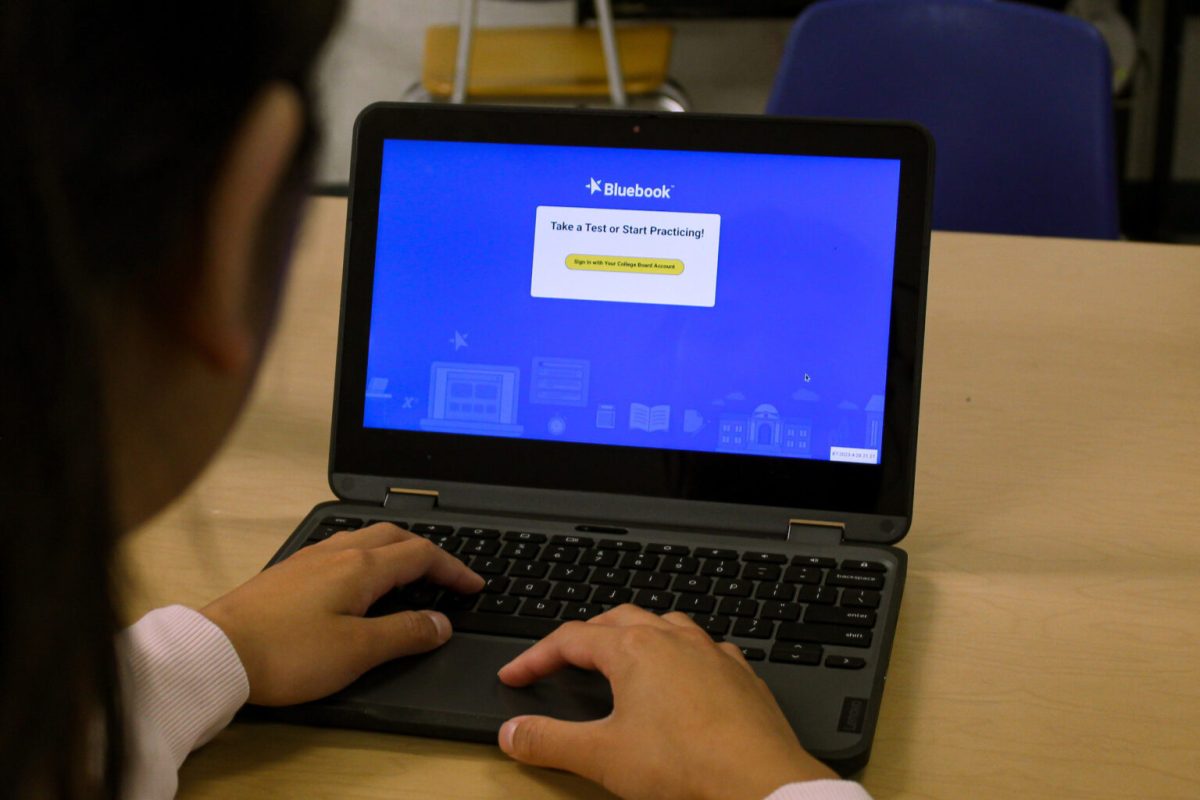In a post-pandemic world, thousands of colleges hang on to their test-optional policy. What does this say about standardized tests’ relevance right now and for the years to come? After colleges adopted test-optional and test-blind policies in the years following the pandemic, it seemed the exam was on its deathbed. With the SAT going digital, however, and with universities like Yale and Dartmouth bringing back standardized exam requirements, it has become clear that colleges are once again placing stock in the potential standardized exams have to predict college success.
In the summer of 2020, about three months after the COVID-19 virus first hit us in the United States, things were looking bleak. All hopes for a return to normalcy were overshadowed by the increasing deaths caused by the virus. This also meant that the Class of 2021 could not take or retake the SAT in the Spring – so most colleges did not require the submission of a test score. However, four years have passed since the test-optional policy was implemented, and little to no changes have been made to it. Some colleges have even extended this policy to later graduating classes – Harvard extended it to the College Graduating Class of 2030. To put it into perspective, this is the Class of 2026 – our current sophomores who were only fifth graders when the pandemic hit. With the pandemic fairly far behind us, “test-optional” is no longer about an interruption to learning.
With our juniors getting ready to take the Digital SAT in two months, we must question if taking this test is still worth it – and if it isn’t, it may be time to let go of the SAT and other tests like it.
The first SAT was administered in 1926, and it was presented as an impartial way to judge public high school students. Starting with the Ivy League, colleges used the SAT to identify worthy students who were not from private feeder schools. Some claim this is still the case, that the SAT is the least biased way to judge a candidate. To some degree, this is true – not all schools have AP courses or extracurriculars for students to fill their resume with. However, almost a century later, the SAT is still not anywhere near the “impartial test” that it has claimed to be.
A 2016 Stanford study explored the extent to which race and wealth are linked and how this affects education and, thus, standardized test scores. The data suggest that students from lower-income families, who are usually black or Hispanic, are more than often several grades behind their richer, often white peers. For example, in D.C., wealthier white students have been shown to be 2.7 grades ahead of the average. Meanwhile, less wealthy Hispanic students were 1.4 grades below average, and black students were 2.2 grades below average. This underscores the grim reality of not just our education system but also of standardized testing.
Because standardized tests do not measure innate intelligence, wealthier students will always perform better because they can afford tutors, test prep, and a private school education. Standardized tests do not measure what can be considered the most important factor for college success: work ethic. In fact, a study performed by the University of Chicago found that “high school GPAs are five times stronger than standardized test scores at predicting college graduation. GPAs are stronger indicators of college success and readiness because they paint a larger picture – an array of different skills and abilities is presented. Standardized tests do not test a wide range of skills, so they are ultimately inefficient in predicting how prepared a student is for college.” Therefore, standardized tests are void of purpose, and college admissions should not rely on them too heavily, if at all.
The solution to this problem is for universities to stop accepting and considering standardized test scores. This, in turn, would cause standardized tests to become irrelevant. After this factor of admissions is gone, viewing applications holistically will become easier. Simply ignoring SAT scores is a necessary step to a fairer admissions process.




